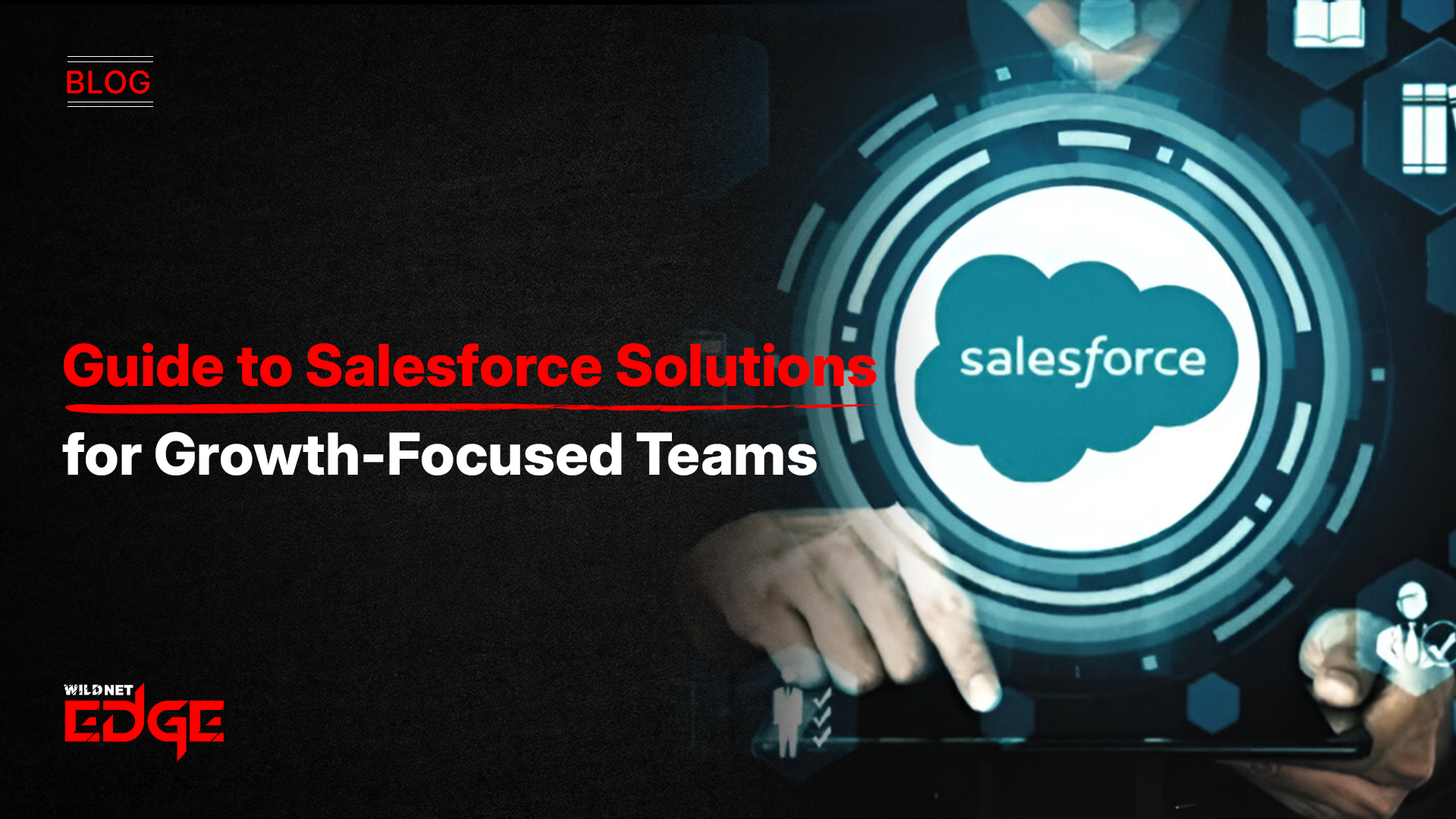TL;DR
Deep tech is the major source of innovations that could be made by 2026, and all of them are coming from those tech startup companies that are based on genuine scientific and engineering innovations instead of just software updates. The current article discusses the top deep tech startups in 2026 through the lenses of AI, biotech, quantum computing, and climate tech. It defines the factors, such as slower growth, AI startup contributions, and effective collaboration, that characterize these tech firms and their ideas.
In 2026, innovation is not about launching faster apps or adding new digital features. The real progress is happening deeper inside labs, research centers, and advanced engineering teams. This is where deep tech startups 2026 are changing the world.
These companies work on problems rooted in the physical and biological world, drug discovery, climate resilience, quantum computing, and advanced materials. Unlike typical startups, they do not rely on quick iterations or growth hacks. Instead, they build technology that must work in the real world, at scale.
From AI-powered drug platforms to carbon removal systems and quantum processors, deep tech startups 2026 are redefining what technology means. Below, we explore the most important sectors and the emerging tech companies shaping the future.
What Defines Deep Tech Startups 2026?
Deep tech startups 2026 are rooted in the original research or engineering breakthroughs, and hence their main challenge is proving the reliability and scalability of the technology rather than facing issues with marketing or user adoption.
Most emerging tech companies in this space share a few defining traits:
- Long research and development cycles
- High upfront investment needs
- Strong intellectual property and technical defensibility
This approach differs fundamentally from traditional digital businesses or SaaS product development, where speed, iteration, and user growth typically matter more than scientific validation.
Top Deep Tech Startups to Watch in 2026 (By Sector)
Foundational AI & Custom AI Systems
Some of the most influential deep tech startups 2026 are building the core AI systems that power automation, research, and decision-making across industries.
Startups to Watch
Anthropic – Safety-first foundation models using constitutional AI
Mistral AI – Open-weight language models challenging closed ecosystems
Cohere – Enterprise-grade AI optimized for business use
Adept AI – AI systems designed to take actions inside software
Wildnet Edge – Builds custom AI agents that help enterprises turn AI startup innovations into real, production-ready systems through scalable architecture and deep integration.
Why they matter:
These companies form the intelligence layer behind hundreds of emerging tech companies. Their AI startup innovations enable automation, discovery, and complex system orchestration across industries.
Biotechnology & Synthetic Biology
Biology is becoming programmable, making this one of the most exciting areas for deep tech startups in 2026.
Startups to Watch
- Ginkgo Bioworks – Programming microbes for industrial and medical use
- Insitro – Using machine learning to speed up drug discovery
- Recursion Pharmaceuticals – Automating biology at massive scale
- Arzeda – Designing new proteins for sustainable materials
Why they matter:
By combining lab automation with AI startup innovations, these emerging tech companies drastically reduce the time and cost of developing new medicines and materials.
Quantum Computing
Quantum computing remains one of the hardest frontiers for deep tech startups 2026, but progress is accelerating.
Startups to Watch
- PsiQuantum – Photonic-based fault-tolerant quantum systems
- IonQ – Commercial quantum computers accessible via the cloud
- Rigetti Computing – Hybrid quantum–classical architectures
- Pasqal – Neutral-atom quantum systems backed by advanced research
Why they matter:
These emerging tech companies are moving quantum computing from theory into early real-world experimentation, supported by AI startup innovations in optimization and simulation.
Climate Tech & Advanced Materials
Climate-focused deep tech startups 2026 are solving problems that demand breakthroughs in chemistry, physics, and materials science.
Startups to Watch
- Climeworks – Direct air capture for CO₂ removal
- QuantumScape – Solid-state batteries beyond lithium-ion
- Form Energy – Long-duration energy storage for renewable grids
- Twelve – Turning captured CO₂ into fuels and chemicals
Why they matter:
These emerging tech companies rely heavily on AI startup innovations to model materials and processes, making them central to global decarbonization efforts.
The Investment and Development Lifecycle of Deep Tech
From Lab to Market Takes Time
The biggest challenge for deep tech startups in 2026 is the long path from discovery to commercialization. These companies must first prove their technology works outside the lab.
Instead of a rapid product launch, they focus on technical milestones—often described as Minimum Viable Technology. This approach aligns closely with structured MVP development for startups, where each milestone reduces technical risk and increases investor confidence.
The Rise of Deep Tech Investors
Because deep tech takes time, a new class of long-term investors has emerged. These firms understand science and expect longer timelines, often supporting emerging tech companies for 7–10 years.
Large enterprises are also investing in deep tech startups in 2026 to access advanced AI startup innovations faster than internal R&D would allow.
How Enterprises Can Work with Deep Tech Startups
For enterprises, partnering with deep tech startups in 2026 is often faster and less risky than building similar capabilities in-house. However, integration is complex and requires strong engineering foundations.
Successful collaboration typically depends on strong engineering foundations and scalable platforms, often supported by experienced teams in startup software development.
Conclusion
The top deep tech startups 2026 are not just launching products; they are reshaping entire industries. From healthcare and energy to computing and materials science, these emerging tech companies are solving foundational problems with real-world impact.
As deep tech matures, success will depend on more than breakthrough research. Turning innovation into reality requires disciplined engineering, scalable architecture, and long-term thinking. At Wildnet Edge, we partner with innovators to help bring complex technologies from concept to market-ready execution.
FAQs
Deep tech startups are built on original scientific or engineering breakthroughs, while traditional startups usually innovate on business models or user experience.
They must validate complex science, build specialized infrastructure, and often navigate regulatory requirements before reaching the market.
They carry a higher technical risk, but successful emerging tech companies often gain strong defensibility and long-term advantages.
AI startup innovations are critical for modeling, simulation, discovery, and optimization across biology, materials science, and quantum research.
Yes, but their MVPs focus on validating core technology rather than acquiring early users.
Enterprises will have the chance of getting the newest technology much faster and at the same time sharing the risk of development with the experts.
The merging of artificial intelligence and synthetic biology is generally regarded as one of the most revolutionary sectors in deep-tech startups in 2026.

Managing Director (MD) Nitin Agarwal is a veteran in custom software development. He is fascinated by how software can turn ideas into real-world solutions. With extensive experience designing scalable and efficient systems, he focuses on creating software that delivers tangible results. Nitin enjoys exploring emerging technologies, taking on challenging projects, and mentoring teams to bring ideas to life. He believes that good software is not just about code; it’s about understanding problems and creating value for users. For him, great software combines thoughtful design, clever engineering, and a clear understanding of the problems it’s meant to solve.
 sales@wildnetedge.com
sales@wildnetedge.com +1 (212) 901 8616
+1 (212) 901 8616 +1 (437) 225-7733
+1 (437) 225-7733















 ChatGPT Development & Enablement
ChatGPT Development & Enablement Hire AI & ChatGPT Experts
Hire AI & ChatGPT Experts ChatGPT Apps by Industry
ChatGPT Apps by Industry ChatGPT Blog
ChatGPT Blog ChatGPT Case study
ChatGPT Case study AI Development Services
AI Development Services Industry AI Solutions
Industry AI Solutions AI Consulting & Research
AI Consulting & Research Automation & Intelligence
Automation & Intelligence













